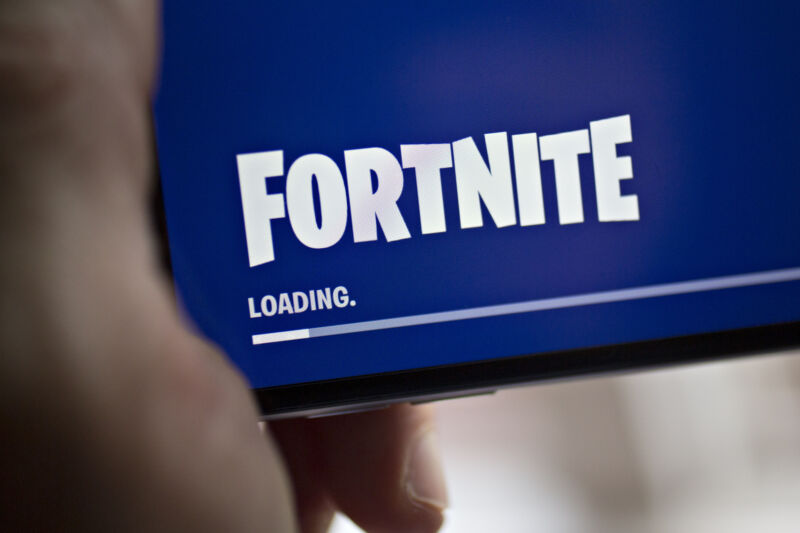
The 9th Circuit Court of Appeals has upheld last year’s district court ruling that Apple did not violate antitrust laws by forcing iOS developers to use the App Store and in-app payment systems. The decision is another major blow to Epic Games, which first challenged that Apple policy in a 2020 lawsuit.
“There is a lively and important debate going on about the role online transaction platforms with market power play in our economy and democracy,” the court wrote. “However, our job as a federal appeals court is not to resolve that debate — and we could not even attempt to do so. Instead, we have faithfully applied existing precedents to the facts in this decision.”
In a highly technical 91-page ruling published Monday, the appeals court upheld Apple’s argument that the case focused on the mobile game transaction market, rather than Epic’s proposed definition of “aftermarkets of iOS app distribution and iOS in-app payment solutions”. That market definition was a major bone of contention in the original case, as it shows that Apple faces competition from other mobile ecosystems such as Android.
While the appeals court acknowledged that the lower court “made a legal mistake on several counts”, it said those issues were “harmless” from a legal point of view. Epic, meanwhile, “has failed to provide any evidence to suggest — as our precedent requires — that consumers are generally unaware of Apple’s app distribution and IAP restrictions when they purchase iOS devices,” the appeals court said.
Epic also failed to “establish the existence of substantially less restrictive alternative means for Apple to achieve the pro-competitive justifications that support iOS’s walled-garden ecosystem,” the appeals court said. Those pro-competitive justifications include “achieving Apple’s security and privacy goals,” which the court said is a way for the company to “[tap] in consumer demand and distinguishing its products from those of its competitors.”
In a small bright spot for Epic, the appeals court also upheld the lower court’s decision regarding anti-steering language in Apple’s Developer Program Licensing Agreement (DPLA). That language, which prohibits developers from communicating out-of-app payment methods through in-app links, violates California’s unfair competition law, the court upheld. A court order prohibiting Apple from enforcing that anti-steering language remains in effect for now, pending the possibility of an Apple appeal to the Supreme Court.
Amid arguments in the 2021 case, Apple changed its policy to allow reading apps and audio and video streaming apps to post an in-app link to their website for alternate payment options.
In the only reversal of the case by the appeals court, it ruled that Apple is entitled to attorney’s fees in the case, thanks to a DPLA provision. That case will be referred back to a lower court for further investigation.
“Today’s decision reaffirms Apple’s resounding victory in this case, ruling nine out of ten claims in Apple’s favour,” Apple spokesperson Marni Goldberg said in a press statement. “For the second time in two years, a federal court has ruled that Apple complies with state and federal antitrust laws. The App Store continues to foster competition, drive innovation, and expand opportunity, and we are proud of its profound contributions to both users as developers around the world. We respectfully disagree with the court’s ruling on the sole remaining claim under state law and are considering further review.”

